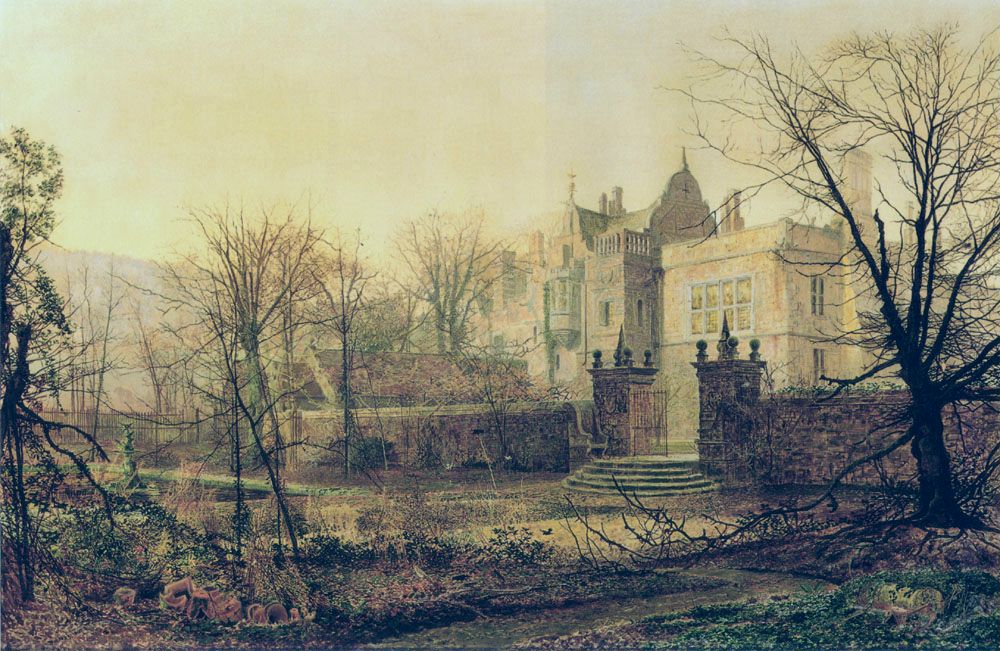Transcription from ‘Petitions in the State Papers: 1640s’, in Petitions in the State Papers, 1600-1699, ed. Brodie Waddell, British History Online, https://www.british-history.ac.uk/petitions/state-papers/1640s#h2-0037.
Captain Adam Bayner, Captain Thomas King, Captain Owen and others. SP 18/1 f. 56 (1649)
To the honourable House of Commons assembled in Parliament
The humble peticion of Captaine Adam Bayner, Captain Thomas King, Captain Owen, Richard Morgan cornett, William Rowe lieutenante, Alexander Reeve ensigne, and Ellen Lovell wife of Charles Lovell cornett who is now upon the service in Ireland and the rest of your petitioners ready to goe and Presill [Eaton?] widdow:
Sheweth:
That your petitioners who have all been in actuall service for the Parliament having severall summes of money arreare and due to them for their said services are extreamely necessitated and driven to want and penury and altogether incapable to furnish themselves to goe for Ireland which they intend, and your petitioner Ellen Lovell (whose husband is there) with her children in a perishing condicion
Your petitioners most humbly therefore praie that for their satisfaccion your honours wilbe pleased to vouchsafe them your honourable order or ordinance for paiement of their said arreares unto them from such a delinquent as your petitioners shall bring in and finde out by their owne industry, whereby they maie be no further chargeable or troublesome to this honourable assembly:
But (as bound) ever pray etc.
Report by Sheilah Douglas
The petitioners were due arrears of pay, the lack of which had caused them financial hardship and was preventing them being able to continue to serve and travel to Ireland.[1]
Captain Adam Bayner
Adam Bayner (or Baynes, or Baines) came from Knowthorpe, Yorkshire, where he later built Knostrop Hall. “It is possible he was apprenticed in the Leeds cloth trade prior to the civil war when he joined Fairfax’s army. He served as a Captain in his foot regiment, later in 1643 ‘raising a troop of horse’. He fought under them at both Adwalton and Marston Moor, then in 1646-7 served as a Captain in John Lambert’s northern brigade in a horse regiment. The regiment was on the New Model Army payroll. By 1649 he was both Lambert’s and the brigade’s financial agent in London, becoming wealthy and acquiring substantial property. He still maintained extensive correspondence with Lambert and other contacts and provided a major source to Army politics and financial dealing in the 1650’s. As one of Lambert’s protégés Bayner was in favour during the early years of the Protectorate. In spite of some opposition he served as an MP for Leeds in both the 1st and 2nd Protectorate Parliaments. With the Kingship controversy and Lambert’s fall from favour Bayner too lost most of his offices. It is unclear if he left or was removed from the Army. He briefly returned to favour in 1659 riding on Lambert’s coat tails. He lost some of his offices and property at the Restoration. There were rumours of financial hardship in the 1660’s and he spent time under arrest accused of treason. He had however managed to retain considerable land, property and business connections at the time of his death in 1671.”[2]
There is record of a warrant on 15 June 1649 to pay £6,700 to ‘Capt. Adam Baines and Paul Beale, York merchants’ for ‘Disbanding forces in Yorkshire, and advance to such officers and soldiers as go for Ireland’.[3]

Captain Thomas King
There is also a record of an earlier petition to the House of Commons from Captain Thomas King in January 1649 for part of his arrears for the sum of £20. In response, the House of Commons:
“Ordered, That the Sum of Twenty Pounds be forthwith paid to Captain Thomas King, or his Assigns, upon Accompt, in Part of his Arrears: And that the said Twenty Pounds be charged upon Haberdashers Hall: And the Committee at Haberdashers Hall are hereby required to make present Payment thereof accordingly: And the Acquitance or Acquittances of the said Captain Thomas King, testifying the Receipt thereof, shall be a sufficient Warrant and Discharge to the said Committee, and their Treasurers, and to such other Person or Persons as shall pay the same”.[4]
References
[1] Summarised in ‘Volume 1: March 1649’, in Calendar of State Papers Domestic: Interregnum, 1649-50, ed. Mary Anne Everett Green (London, 1875), pp. 24-65, British History Online, http://www.british-history.ac.uk/cal-state-papers/domestic/interregnum/1649-50/pp24-65.
[2] ‘Surnames beginning ‘B”, in The Cromwell Association Online Directory of Parliamentarian Army Officers, ed. Stephen K Roberts (2017), British History Online, http://www.british-history.ac.uk/no-series/cromwell-army-officers/surnames-b.
[3] ‘Warrants of the Council of State for Payments of Money’, in Calendar of State Papers Domestic: Interregnum, 1649-50, ed. Mary Anne Everett Green (London, 1875), pp. 571-600, British History Online, http://www.british-history.ac.uk/cal-state-papers/domestic/interregnum/1649-50/pp571-600.
[4] ‘House of Commons Journal Volume 6: 6 January 1649’, in Journal of the House of Commons: Volume 6, 1648-1651 (London, 1802), pp. 112-113, British History Online, https://www.british-history.ac.uk/commons-jrnl/vol6/pp112-113#h3-0017
